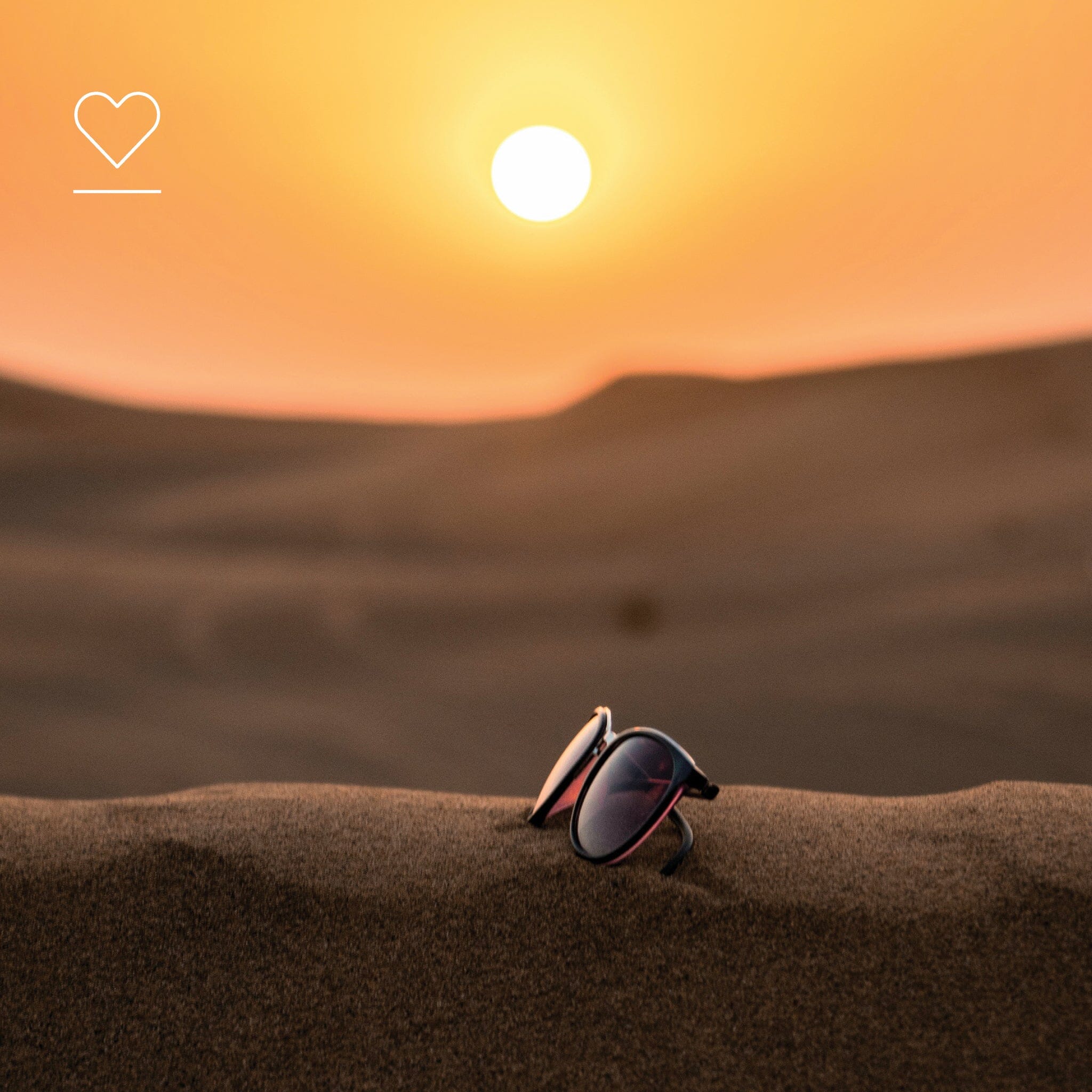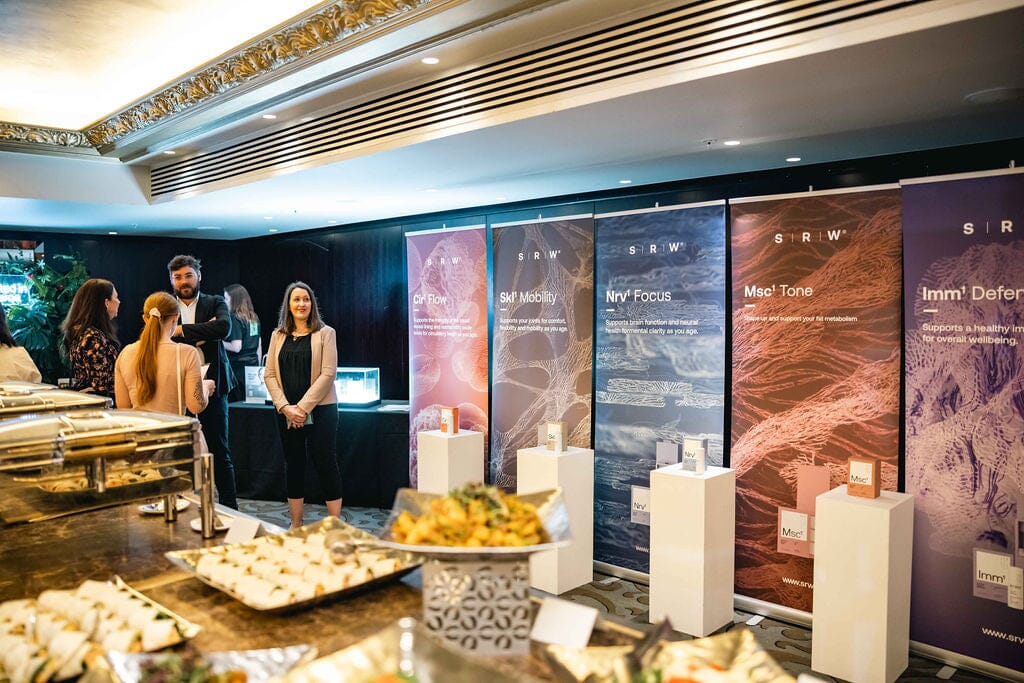Your skin is a major safeguard tissue, and it is susceptible to damage from external stressors. If you look at the back of your hand and compare it to an area of your skin which is not exposed to the sun, it tells a tale. Unfortunately, the accumulative impact of ultraviolet (UV) rays on your body contribute a lot to this difference in appearance.
UV radiation is made up of UVA and UVB rays which can penetrate the skin and cause permanent damage. UVA penetrates deeply into the skin (the dermis) causing genetic damage to cells, photo-ageing (wrinkling, blotchiness etc) and immune-suppression. UVB penetrates the top layer of the skin (the epidermis) causing damage to the cells. UVB is responsible for sunburn – a significant risk factor for skin cancer, especially melanoma.
Skin cancer risk increases in older adults who may have spent decades in the sun, because of the cumulative effect UV rays have. Additionally, benign skin lesions, brown spots, and other signs of aging appear as a result of this exposure.
DNA is one of the key targets for UV-induced damage to the skin, and consequently genomic instability is one of the identified nine hallmarks of aging or otherwise described as signatures that mark the advance of time.
It is important to note that UV benefits human health by mediating natural synthesis of vitamin D and endorphins in the skin. Vitamin D is important for normal bone formation and immune function. Therefore, a healthy balance of exposure and protection is important.
Tips to moderate UV exposure and aid protection and repair of sun damage
- Increase your intake of foods high in carotenoids which are high in antioxidants shown to help mitigate the DNA damage by UV light. In particular, one carotenoid astaxanthin Astaxanthin has been research to show protection against UV-induced skin deterioration.1
- Including foods high in B vitamins such as dark-green leafy vegetables, oily fish, oats, chicken, egg yolks, avocado, and bananas. The Vitamin B complex helps your skin tissue rebuild and repair. Specifically, B3 improves and maintains skin’s moisture. More importantly, a B vitamin deficiency can show up in the form of dry or excessively oily skin, cracked lips, weak nails, wrinkles, eczema, and dandruff. B12 also helps regulate and minimize hyperpigmentation, or dark spots.
- Normal skin contains high concentrations of vitamin C, which supports important and well-known functions, stimulating collagen synthesis and assisting in antioxidant protection against UV-induced photodamage.2 Increase dietary Vitamin C which is naturally found in foods including citrus fruits, red and green bell peppers, cherries, papaya, strawberries, kale, broccoli, brussels sprouts, dark-green leafy vegetables, cauliflower, kiwi, mango and beans.
- Drink adequate water to keep the skin hydrated.
- Slip: clothing covering shoulders, arms and legs when exposed to long periods of sun is an effective way to protect the skin.
- Slop: using a high broad-spectrum water-resistant sunscreen will create a barrier between UV and your skin.
- Slap: wearing a sun smart hat to protect your face, ears, neck as these are the most common spots for skin cancer.
- Seek: find shade whenever you can. Shade alone can reduce UV exposure by up to 75%.
- Slide: sunglasses that meet the industry standards and fit your face reduce UV damage to the eyes.
- After-sun skincare is essential. Invest in a good natural moisturiser that contains minimal chemicals and is high in antioxidants to nourish and soothe skin.
The skin makes up most of what we see from the outside and is one of the first areas that reflect back the impact of pro-aging assaults. We can help minimise these effects by making wise choices through our lives to reduce our sun exposure, and also eat and supplement with key nutrients that have been shown to be protective.
Suzy Walsh BBA (Hons)., BNat., mNMHNZ is a Registered Naturopath & Medical Herbalist
References:
1. Ito N, Seki S, Ueda F. The Protective Role of Astaxanthin for UV-Induced Skin Deterioration in Healthy People-A Randomized, Double-Blind, Placebo-Controlled Trial. Nutrients. 2018;10(7):817. Published 2018 Jun 25. doi:10.3390/nu10070817
2. Pullar JM, Carr AC, Vissers MCM. The Roles of Vitamin C in Skin Health. Nutrients. 2017;9(8):866. Published 2017 Aug 12. doi:10.3390/nu9080866


![Never Grow Old - Longevity Issue [Nutrition Business Journal]](http://scienceresearchwellness.com/cdn/shop/articles/NBJ_Post_-_LinkedIn.jpg?v=1692742979&width=1500)
![Circulatory system care "vital" [NZHERALD]](http://scienceresearchwellness.com/cdn/shop/articles/SRW_-_News_Clip_-_Post_-_Cir1_-_D1_dfadc7dc-c57a-4f80-82bd-4fdb5ba5f0cd.jpg?v=1692742734&width=1500)
